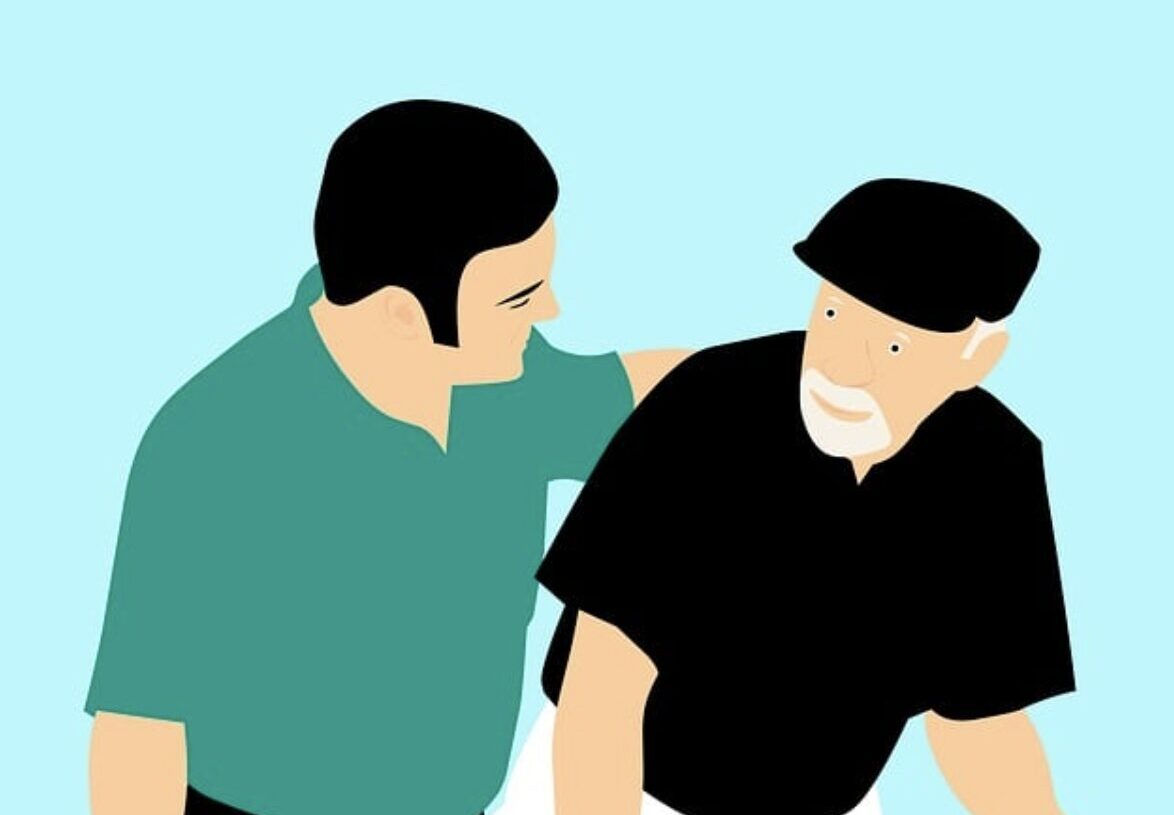Dementia is one of the most widely-talked about yet often-misunderstood health issues in modern society. For the most part, we’re aware that it involves memory loss, but beyond that there is a huge amount of ambiguity which can be bad both for the person suffering and those caring for them. Misconceptions can result in hurt feelings, unhelpful conversations, and even problems with care.
Below, we look at some of the more common myths about dementia, and the truths that will help to support those who live with it.
Myth #1 – They need a nudge to remember
As you seek to have the most normal life possible with someone dealing with dementia, it’s natural to jog someone’s memory. You might mention familiar names, or recount special memories, potentially by showing old photos. But dementia isn’t like ordinary forgetfulness. Sometimes, the memory isn’t hidden or buried away, it’s just gone. Trying to encourage them to remember can create distress.
For the good of your relationship and the care you are giving them, professionals trained in dementia home care can make a huge difference. They understand the nuances of the condition and can offer reassurance and practical advice on how to keep communicating calmly, compassionately, and productively with your loved one.
Myth #2 – Keep things normal, like nothing’s changed
It makes sense to think about dementia care as an exercise in not mentioning dementia. Few conditions behave like this, where the person with the diagnosis may not even acknowledge that it’s a thing. And so the urge will be to keep things normal, but – and we don’t want this to sound melodramatic – nothing about this is going to feel normal. Dementia affects mood, perception, and behavior as much as it impacts memory.
It may seem kind to pretend that everything is fine and normal, but it can leave the person with dementia feeling unseen. The right thing to do is adjust your expectations of day-to-day life, respond to how they are feeling in the moment, and seek to comfort rather than correct.
Myth #3 – Other medications will make dementia worse
It is not untrue that some medications can potentially cause confusion or interact with medications prescribed for dementia. Any changes to a person’s medication schedule should be discussed fully with a medical professional. But assuming that treatments for other health issues will worsen their dementia is risky. High blood pressure, chronic pain, and other conditions that affect people in dementia risk groups still need to be treated. Good care, with specialist oversight, balances the various needs of the person with dementia.
Myth #4: It’s all downhill from here
The reality of dementia is that it is a progressive condition: it will get worse and it’s not a condition that people recover from. But that progress isn’t a straight road and neither is it necessarily a fast one. People with dementia can still experience considerable joy, connection and purpose.
Many enjoy favorite activities and take part in family life. It is a good idea to ask them gently how they feel and what they would like to do – sometimes, being active in a way that makes them feel safe and included can help keep that light burning for longer. And, importantly, it can mean you haven’t made your last loving memory with them.

